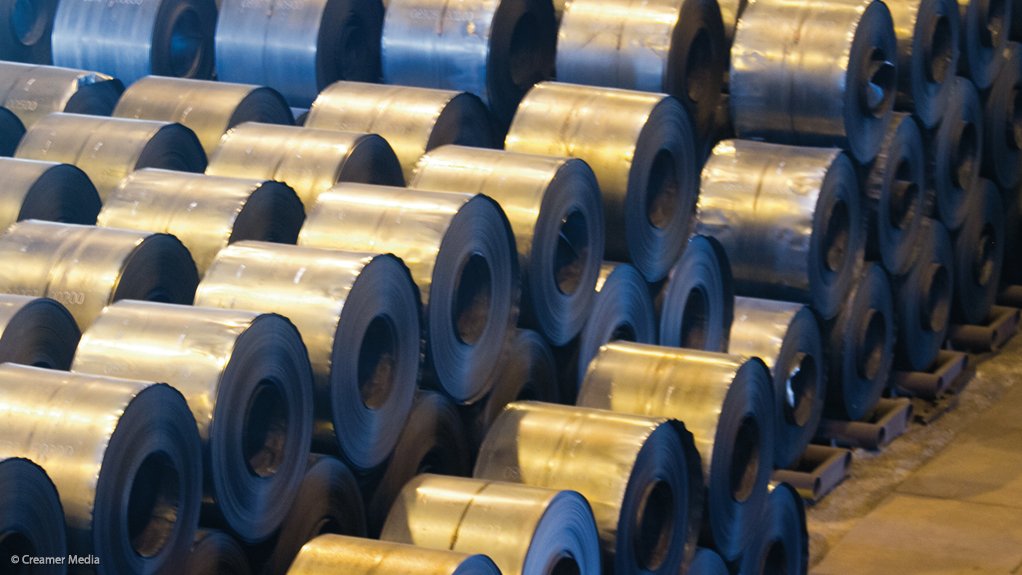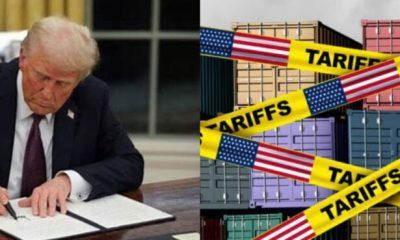Business
Experts Warn Against Unrealistic Deadlines in South Africa’s Steel Tariff Review

South Africa’s steel industry is on edge as experts question the feasibility of the recently launched steel tariff review by the Department of Trade, Industry and Competition (Dtic). The tight deadline set for July has sparked concerns that the International Trade Administration Commission (ITAC) may be forced to cut corners, leading to rushed decisions with far-reaching economic consequences.
A High-Stakes Review with Tight Timelines
The steel tariff review, announced on March 19 via Government Gazette notice no. 3061 of 2025, is one of the most extensive undertaken to date. It covers four chapters of primary products and 55 of South Africa’s 609 tariff codes, raising the stakes for the industry.
However, industry experts argue that the timeframe is too short. Donald Mackay, CEO of XA Global Trade Advisors, noted that a typical tariff investigation takes 27 months, with some lasting up to five years. The 2004 review of Chapter 72 alone took 13 months—yet the current review is far broader and expected to conclude in just a few months.
“The Minister wants feedback by July, but I can’t see any prospects of this being wrapped up properly by then,” Mackay said.
Potential Impact: Business Closures & Legal Battles
Several key proposals within the review could disrupt the industry:
-
Breaching the bound rate (raising tariffs beyond South Africa’s WTO commitments)
-
Introducing controlled pricing
-
Imposing export duties
-
Invoking Article 19 of the General Agreement on Tariffs and Trade (GATT)
Mackay warns that these measures could drive up prices and force businesses to shut down. If the review is pre-decided or lacks rational decision-making, affected companies are likely to challenge it in court, leading to costly legal battles.
“The risk of litigation is non-trivial. The wrong decision could push companies out of business, and if the process is flawed, we could see court challenges,” Mackay cautioned.
Legal and Economic Concerns Over WTO Commitments
One of the most contentious aspects is potentially breaching the bound rate, which could lead to steep tariff hikes. Mackay stressed that most Chapter 72 products are already close to the bound rate, making further increases risky.
Additionally, South Africa’s ability to invoke Article 19 of GATT is uncertain. Mackay warned that sidestepping WTO commitments could set a dangerous precedent, leading to short-term economic gains but long-term damage to trade credibility.
“If we start bypassing our own legislation to achieve economic goals, it becomes easier to lobby for exceptions rather than follow the rules,” he said.
What’s Next for South Africa’s Steel Industry?
With tight deadlines, major legal concerns, and significant economic risks, the steel tariff review is shaping up to be a high-stakes policy challenge. Industry players are calling for a more measured approach to ensure that any decisions made are legally sound and economically viable.
As the July deadline approaches, all eyes will be on ITAC and the Dtic to see whether they can balance industry concerns with government trade objectives—or whether the process will lead to business closures, price hikes, and legal battles.
{Source IOL}
Follow Joburg ETC on Facebook, Twitter , TikTok and Instagram
For more News in Johannesburg, visit joburgetc.com



























